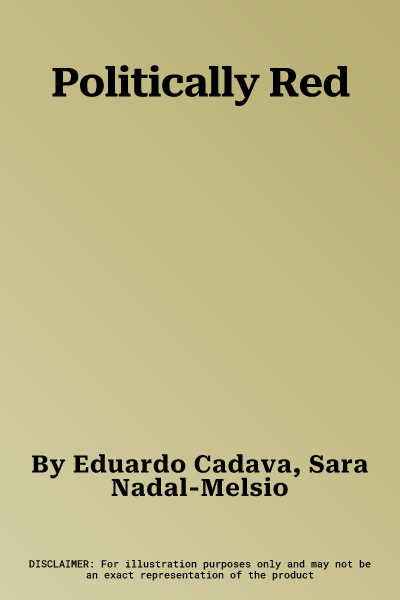How reading and writing are collective acts of political pedagogy, and
why the struggle for change must begin at the level of the sentence.
"Reading is class struggle," writes Bertolt Brecht. Marxism is not just
a body of political and economic thought but also a practice of reading
and writing, in which individual sentences give form to collective
action and become social beings in their own right. Through a series of
creative and interconnected readings of writings by, among others, Karl
Marx, W. E. B. Du Bois, Rosa Luxemburg, Walter Benjamin, and Fredric
Jameson, Eduardo Cadava and Sara Nadal-Melsió contextualize contemporary
demands for social and racial justice by expanding our understanding of
the relationship between literacy and class politics.
Reading between the lines, as it were, Cadava and Nadal-Melsió engage in
an inventive literary mode of activist writing that finds new resources
for Marxist thought, crucial for confronting the inequalities of our
current historical moment and for combating insurgent fascism and
racism. Reading and writing, they argue, are never solitary tasks, but
rather collaborative and collective, and able to revitalize our shared
political imagination. Drawing on what they call a "red
common-wealth"--an archive of vast resources for doing political work
and, in particular, antiracist work--Cadava and Nadal-Melsió demonstrate
that sentences, as dynamic repositories of social relations, are
historical and political events.

